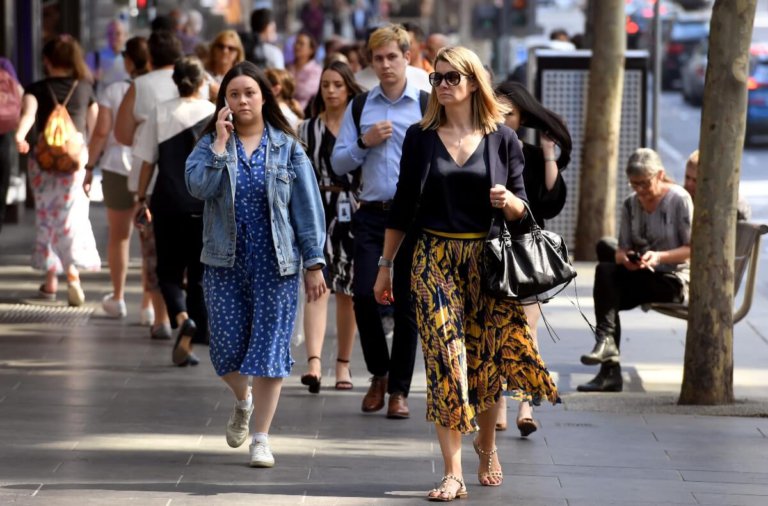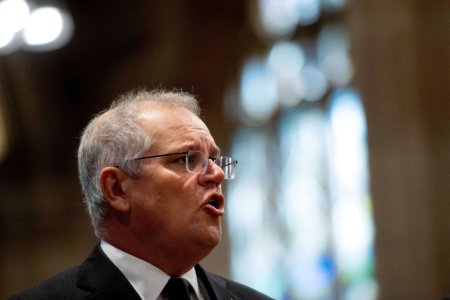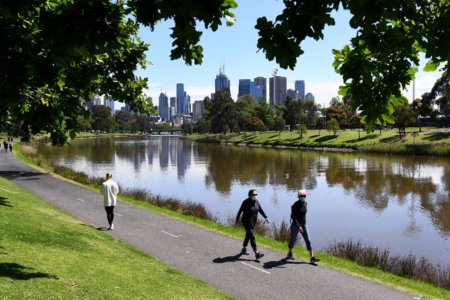
International students could return to New South Wales (NSW) by October if a “modest pilot” to fly in and quarantine some 250 students each fortnight comes through. According to ABC News, the NSW government is proposing to transform student accommodation in Sydney’s Central Business District (CBD) into quarantine lodgings to restart its international education sector, which generates more than 14 billion Australian dollars annually.
Western Sydney University vice-chancellor Barney Glover, who heads a committee of all NSW university vice-chancellors, has worked closely with the state and federal government to develop the International Student Accommodation Quarantine Programme. “I think we can see students coming within six months and I’d hope to see students arriving certainly in the early part of the second half of this year,” Glover said.
Previously, Australia’s Health Minister Greg Hunt had said Australia’s borders might not reopen even if the whole country has been vaccinated against COVID-19. Glover was previously quoted saying by The Sydney Morning Herald that he hopes the challenges around the vaccine programme in Australia are not going to adversely affect the modest trial of international students coming inbound.
National student accommodation provider UniLodge said NSW’s plans to return international students had provided some certainty. The company’s CEO Tomas Johnsson said UniLodge was among several that had expressed their interest in running the quarantine programme in NSW, along with other programmes planned around the country. The NSW government said the programme would run alongside the existing hotel quarantine system and apply the same stringent health and police processes. A date is yet to be set for the initiative’s launch.
Australia to bolster its online learning for international students

Not all international students have been receptive to Tudge’s comments. Source: Peter Parks/AFP
In a similar development, Australia Minister for Education and Youth Alan Tudge said in an op-ed on The Age that he hopes borders will be “close to normal again next year with international students able to return in larger numbers.” He added, however, that the government cannot guarantee this as “there is still so much uncertainty.”
He called on Australian higher education providers to bolster their online course offerings to target new markets of international students. “With onshore learning disrupted, now is also the time to more aggressively explore the massive opportunity to expand the reach of our education system by developing new online or hybrid delivery models to grow and reach new markets around the world,” he said.
“The global e-learning market is forecast to grow from A$130 billion to more than A$470 billion by 2026. Other countries are already moving into this space, as are some of our own institutions but we have the opportunity to be more ambitious. The UK, for example, has 58% of its international higher education students offshore. Our comparable figure is 22%. This is where much of our future growth will come, and in doing so, we can support the development ambitions of our region.”
Don’t forget Australian students in chase for internationals.
My oped in Age / SMH: https://t.co/puCpaNsMdm
— Alan Tudge (@AlanTudgeMP) April 18, 2021
He said these issues “are straightforward and they will take time.” “In the short term, we will continue to work with the university sector to support their sustainability. We have already committed a record A$20 billion for the sector in 2021 and many universities are still reporting surpluses. But we will keep a close watch on the situation and continue to work with universities and the state and territory governments on having potential pilots for student returns this year.”
Not all students have been receptive to Tudge’s comments. Sachit Sharma tweeted: “Then just stop giving them visa’s (sic) until you can have them back as new-zealand did..You seeing the issue with online learning? We paid thousands dollars sir. If you people can’t let international students back, stop enrolling new students, until its safe to do so (sic).” Another Twitter user Saijal said: “Open the borders as soon as possible bcoz we arw straded [are stranded] overseas and want to learn in Australia. We have paid a lot of money to study there. If you are not opening borders then kindly don’t grant visas (sic).”










